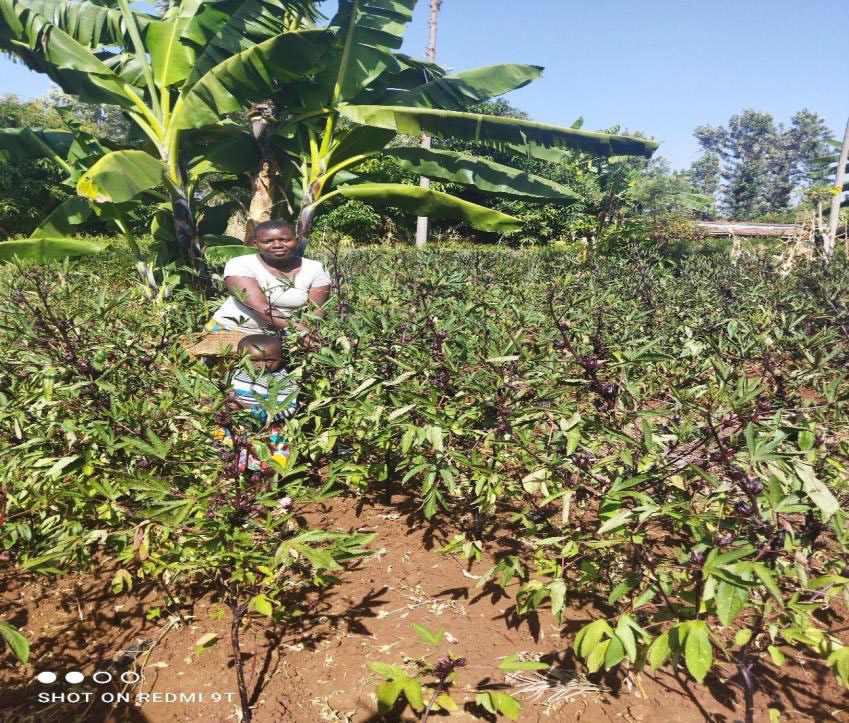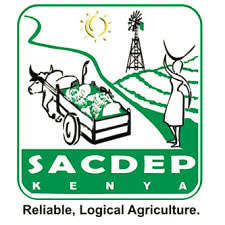
SUCCESS STORY FOR MARY MWANGI
Mary Mwangi is a youthful small-scale farmer from Murang’a East project Area in Murang’a County. Mary got married at an early age after dropping out of school at secondary level due to lack of school fees. They own 1.5 acres of land on which they get food and any other income to support in meeting basic needs and fees for their two children who are in school.
The couple have been cultivating their land all year round since they got married 10 years ago, as such, production had gone too low due to poor agriculture practices with very low income resulting from growing of low value crops. This coupled with poor climatic conditions of low rainfall and high temperatures, crop failure was a frequent occurrence leaving the family in difficult situation. Many a times they would work as casual laborer to put food on the table. Signs of malnutrition were evident among their children.
With the introduction of SACDEP-Projects in Murang’a East project area, Mary is one of the farmers who embraced the project activities with passion knowing that farming was the only first option for their livelihood improvement. Through SACDEP trainings, she adopted Sustainable Ecological Agriculture practices that have healed her soil increasing crop production by triple yield. Mary has reduced external inputs to her farm to almost zero. Composting and diversification of agriculture activities produce by products that recycle within the farm hence reducing cost of production. Example: Crop residues she feeds on livestock while waste from livestock she uses as manure on crops. Water harvesting has solved challenges she used to face due to water shortages.
For Mary, introduction of farming organic herbal beverages to the project area in January 2021, was received as a boost for her family income. Organic herbs are well adapted to hush climates and with small amount of water for irrigation during prolonged droughts is enough to realize a tangible harvest. Mary set aside quarter an acre of land on which she has grown three varieties of organic herbs as: Hibiscus, Lemon grass and Moringa. With regenerated soils, harvests are two-fold as compared farmers not applying S.E.A practices.
Mary has learnt on value addition of her herbs whereby she prepares herbal tea which she sells to people in market places. She narrates that selling of herbal beverages has become her daily activity. She sells a cup of herbal tea for Kshs. 20 and in a day, she sells to an average 60 people making Kshs. 1,200 per day of which Kshs. 200 carters for costs incurred and Kshs. 1,000 as net profit. This translates to Kshs. 30,000 per month net profit from a quarter piece of land, compared to Maize which she would harvest 90kg during good harvest on the same size of land and sell at total Kshs. 3,500 on higher side.
‘‘My life has changed and I cannot think of life without farming especially for herbal beverages’’ this are the words that come from Mary’s mouth as she jovially narrates the benefits she gets from herbal farming. She is a happy farmer and plans to expand her farm and reach out to distance markets in future.
